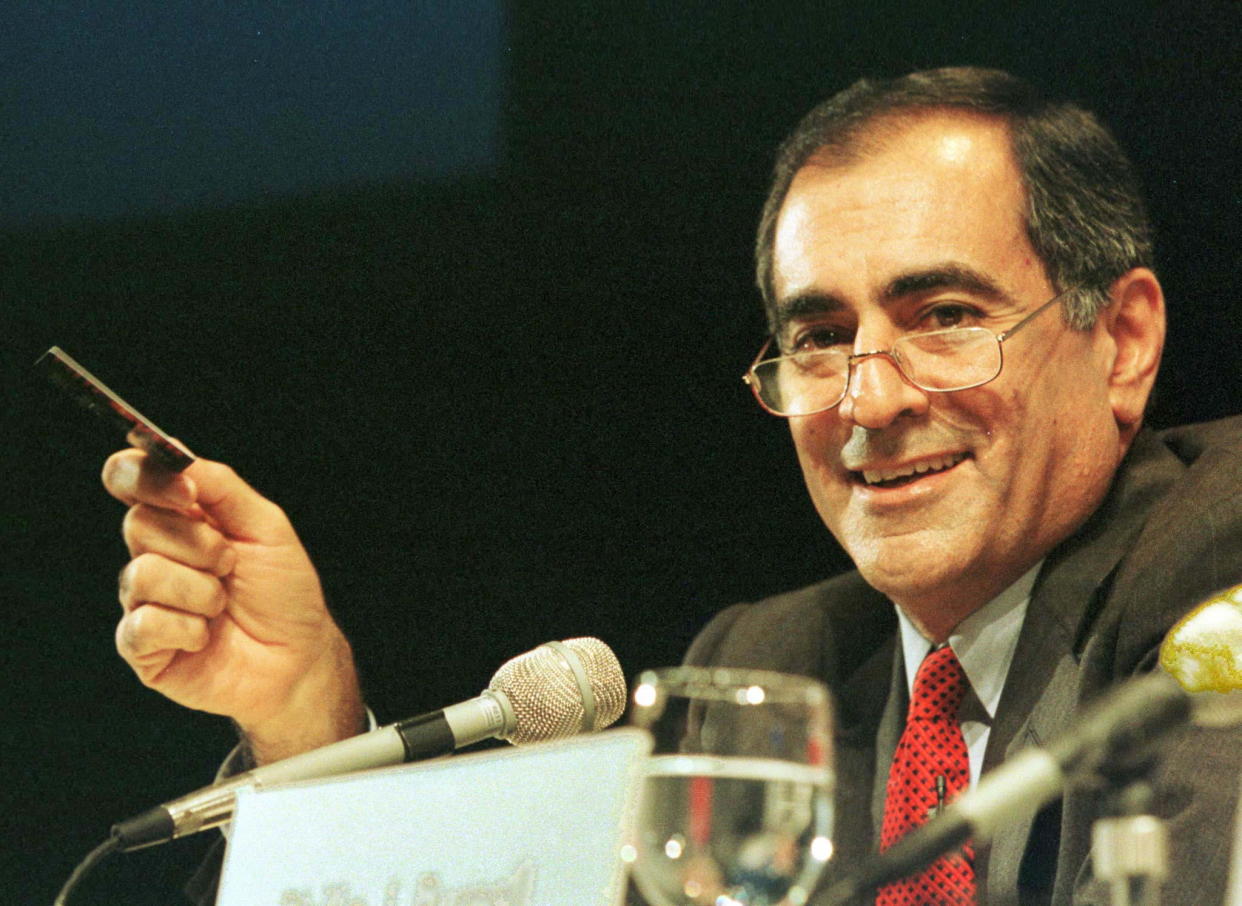Ex-Morgan Stanley CEO explains what went wrong with one of the bank's big mergers
Back in 1997, the global investment giant Morgan Stanley merged with brokerage firm Dean Witter Reynolds to become the largest securities company at the time.
But the union proved challenging, John Mack, former CEO and chairman of the board at Morgan Stanley, recently told Yahoo Finance. After the merger, the combined company was plagued by internal divisions and legal problems including a $1.45 billion jury verdict in a fraud case against the bank.
The divisiveness culminated in the 2005 departure of CEO Philip Purcell, the former Dean Witter CEO who took the helm of the merged company and battled with a number of its executives.
“What went right was the merger. I mean, it was the right thing to do,” says Mack, who became CEO after Purcell's departure from the firm. “What went wrong is we didn't understand the different cultures.”
'A very control from the top culture'
In the mid '90s, Morgan Stanley stood atop the investment banking and trading world while Dean Witter, led by Purcell, had one of the largest retail brokerages in the United States. So, the two decided to join forces and sell securities throughout the country, according to Mack’s book, “Up Close and All In: Life Lessons from a Wall Street Warrior.”
The company's cultures clashed from the get-go. Dean Witter had a significantly more hierarchical culture than Morgan Stanley, which was more egalitarian, according to Mack’s recollection.

“Dean Witter had a very control from the top culture. No one would go into Phil's office and say, you know, you can't do that. That doesn't make sense. No one challenging — whatever he said they did,” said Mack, who was president of Morgan Stanley at the time of the merger. “The Morgan Stanley culture was you speak up if you think it can be done in a more efficient way, a better way, more profitable way. You would speak up. That just didn't happen.”
As tension grew between the companies, Mack said friction increased between him in Purcell, as well. “The difficult thing was, the two cultures just smashed together," said Mack, who left the firm for Credit Suisse in 2001 but returned after Purcell's resignation.
That resignation came as the combined company's stock price suffered and following the departure of executives displeased with Purcell's management strategy, The New York Times reported in 2005.
"It's been hard for the organization to see these attacks," Purcell told The Times, referring to executives at the firm who opposed him. "It was better for me to retire. I was going to do it anyway at 65."
Mack joined Morgan Stanley in 1972 and expanded the firm from 300 to 50,000 employees over four decades, according to Simon & Schuster. He recently announced that he is suffering from dementia.
Dylan Croll is a reporter and researcher at Yahoo Finance. Follow him on Twitter at @CrollonPatrol.
Click here for the latest technology business news, reviews, and useful articles on tech and gadgets
Read the latest financial and business news from Yahoo Finance
Download the Yahoo Finance app for Apple or Android
Follow Yahoo Finance on Twitter, Facebook, Instagram, Flipboard, LinkedIn, and YouTube
